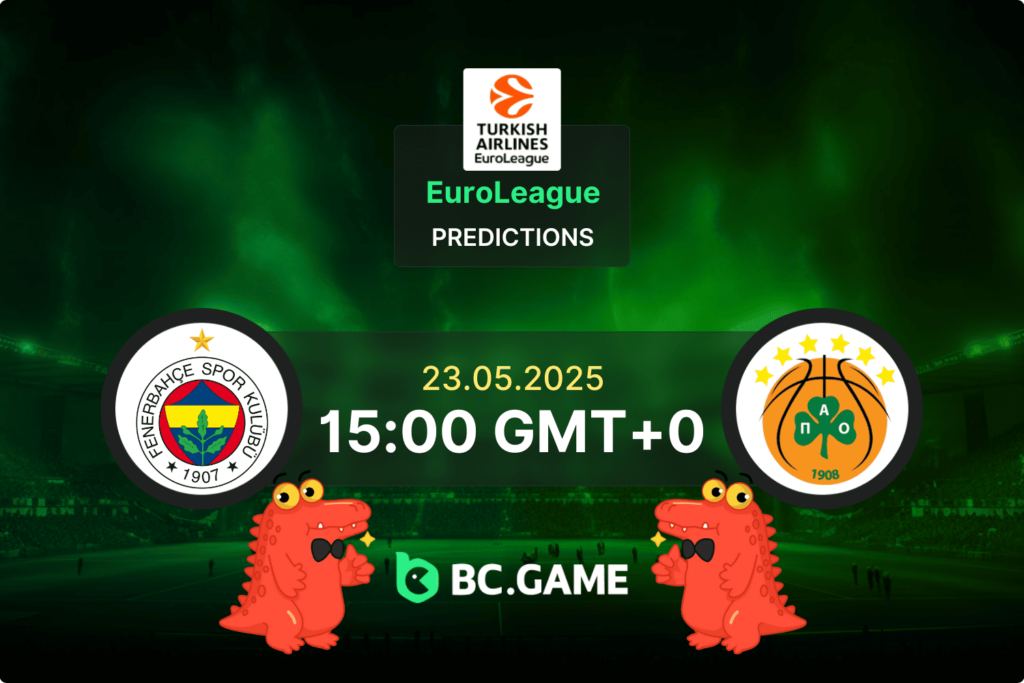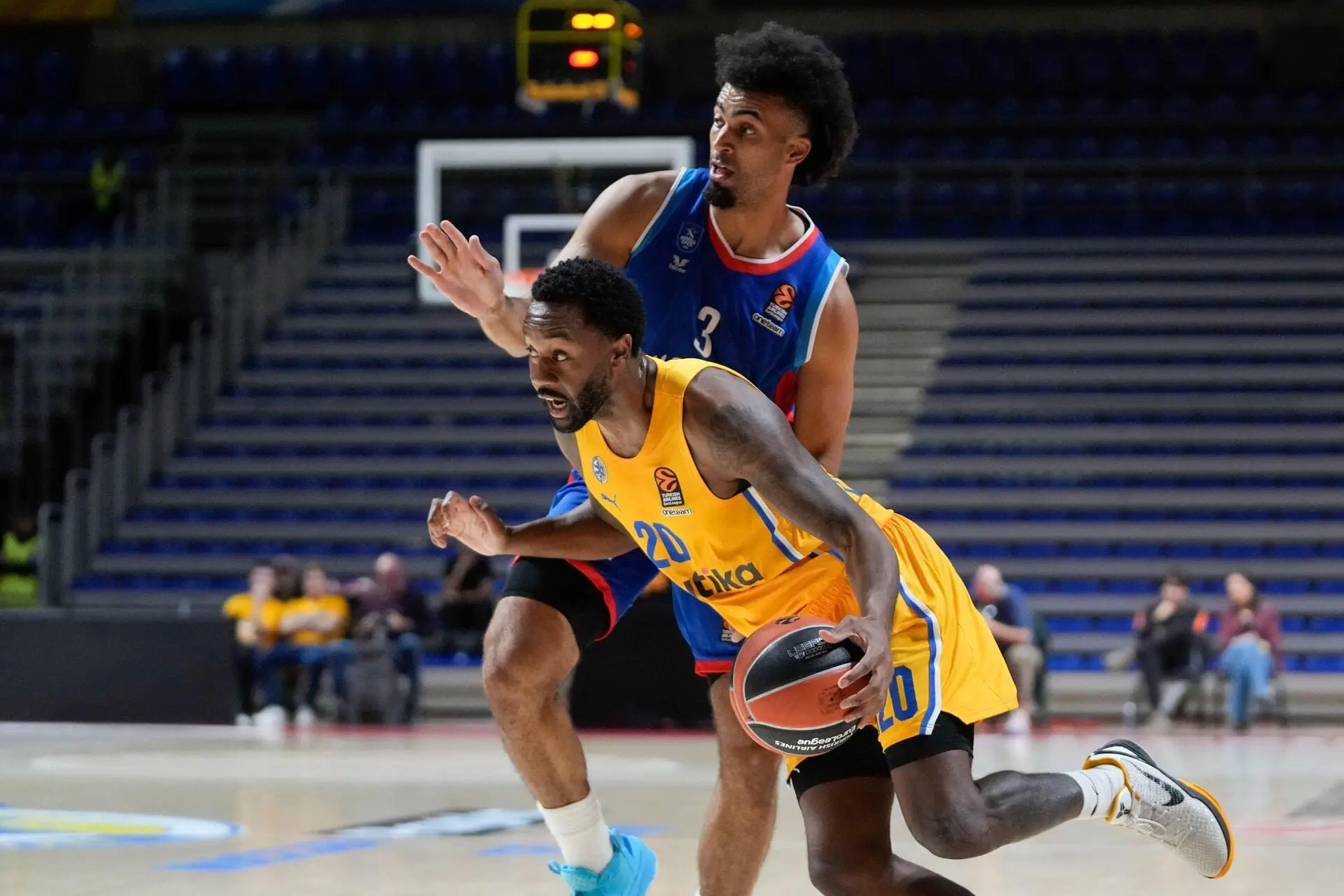Alright, so folks sometimes ask me how I go about figuring out my Euroleague picks. It’s not like I’ve got some magic crystal ball, far from it. It’s more of a routine, a bit of a grind, that I’ve sort of stumbled into over the years. Thought I’d share how I tackle it, my own little process.

My Weekly Ritual Kicks Off
So, when the Euroleague schedule for the week drops, or rather, when I get around to seriously looking at it, usually a couple of days before the first games, that’s when I start. I don’t jump straight into complex numbers. Nah, first thing’s first, I just get a feel for the matchups. Who’s playing who? Who’s at home? That home-court advantage in Euroleague, man, it’s a real thing. Some arenas are just brutal for visiting teams.
Then, I start digging a bit. My process usually involves a few key things:
- Injury reports: This is a big one. I mean, a really big one. You gotta know who’s in and who’s out. One star player nursing an ankle can completely change the dynamic of a game. I spend a good chunk of time trying to find reliable info on this. Sometimes it’s clear, sometimes it’s like trying to solve a mystery.
- Recent form: Are teams on a hot streak, or are they dragging themselves through games? I look at the last 3-5 games, not just wins and losses, but how they looked. Did they win convincingly? Did they get blown out? Were they scrappy?
- Head-to-head history: Sometimes this matters, sometimes it doesn’t. Certain teams just seem to have another team’s number, or certain coaches match up well or poorly against others. I don’t put all my eggs in this basket, but it’s a piece of the puzzle.
- Travel schedule: This is something people often overlook. A team doing a brutal double-week on the road, flying all over Europe? That takes a toll. Fatigue is a factor, no doubt about it.
The “Data” and the “Gut”
I do look at some basic stats, of course. Points for, points against, offensive and defensive ratings, pace of play. I’m not a super deep analytics guy, more like I use them to confirm what I’m already seeing or to flag something unusual. I’ve got my own way of jotting things down, comparing teams side-by-side. Nothing fancy, just what works for me. Helps me organize my thoughts.
And then, after all that, there’s that little thing called gut feeling. Yeah, I know, sounds a bit unscientific, right? But after you’ve watched this league for so long, you just get a sense for certain situations, certain matchups. It’s not the main driver, but I don’t ignore it completely either. If all the data points one way, but my gut is screaming the other, I’ll at least pause and re-evaluate everything. Sometimes the gut knows things the spreadsheets don’t.
Why I Bother With All This
I remember years ago, when I first started paying close attention to Euroleague, I was just winging it. Picking based on big names or what I thought should happen. And boy, did I learn some hard lessons. This league is wild, man. So much talent, so much passion, and on any given night, crazy stuff can happen. One particular week, I got absolutely hammered, every single pick went south. It was a disaster. That’s when I figured, okay, if I’m gonna do this, I gotta be a bit more methodical, put in the actual effort.

It’s not about being right all the time, because trust me, nobody is. Especially not in Euroleague. It’s more about having a process you trust, doing your homework, and then living with the results. Some weeks you feel like a genius, other weeks you’re scratching your head wondering what on earth just happened. That’s the nature of the beast.
So, That’s My Approach
So yeah, that’s basically how I go about it. It’s a mix of looking at the obvious stuff, digging a little deeper, and then trusting a bit of experience. It takes time, for sure. It’s not just a five-minute glance at the odds. It’s about trying to understand the context of each game.
It’s a fun challenge, trying to decode this league. And when you do manage to string together a few good calls based on your own work, it’s a pretty satisfying feeling. No guarantees, ever, but a solid process at least gives you a fighting chance. That’s my two cents on it, anyway.
